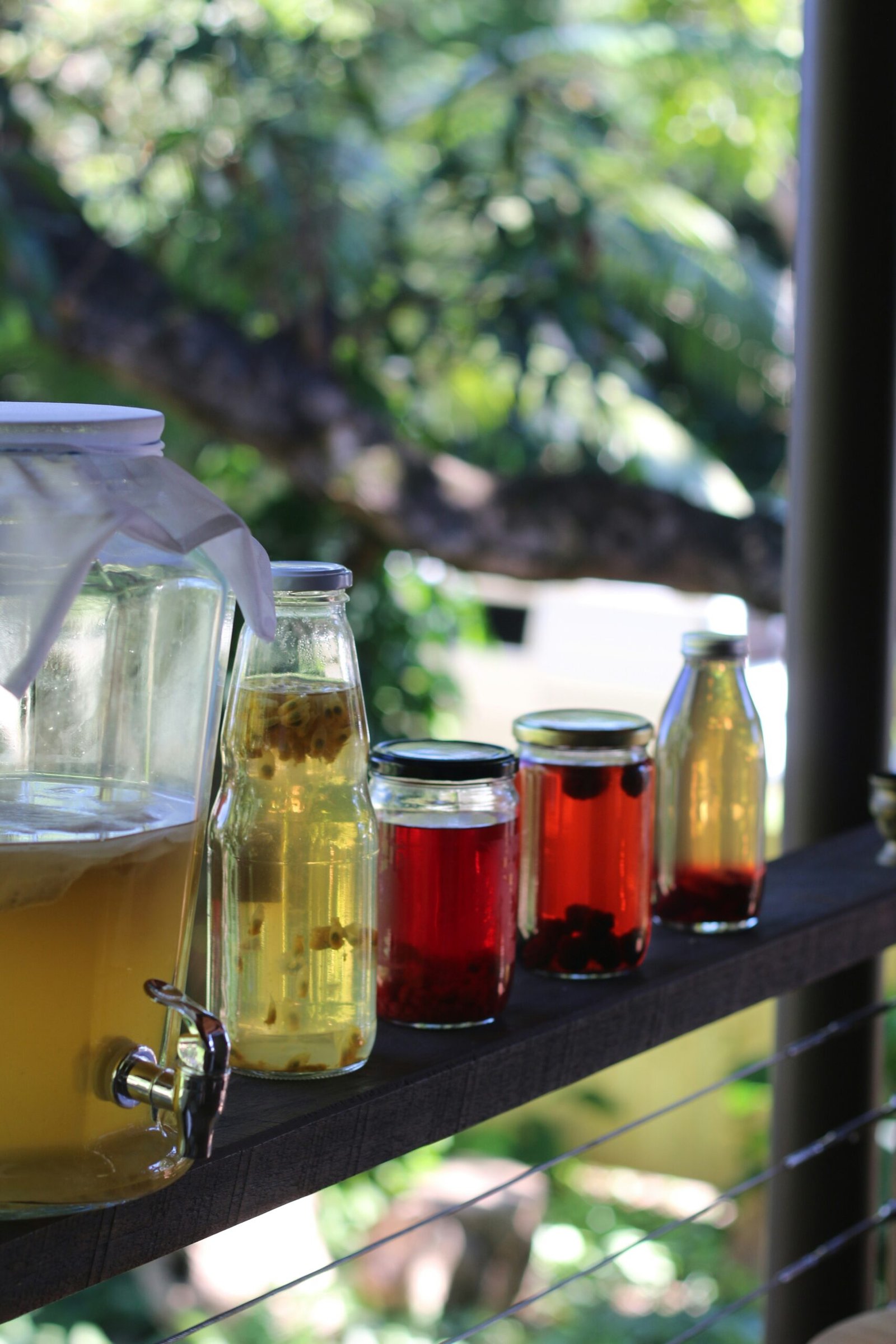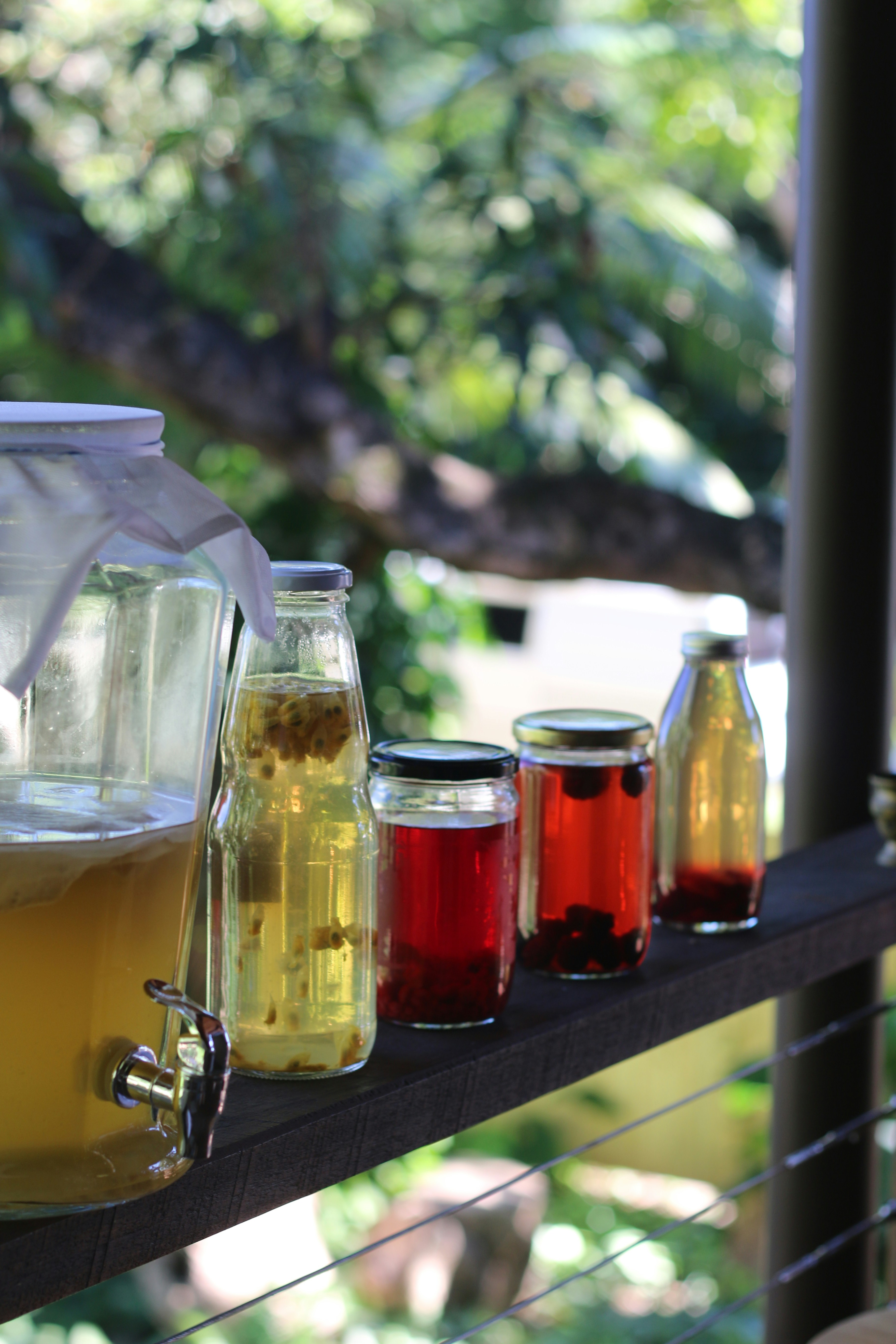Have you ever wondered why some foods that are typically healthy can cause you discomfort? You might find yourself enjoying a delicious spinach salad only to experience bloating or discomfort afterwards. If you’ve been dealing with such symptoms, it could all point back to a sensitive gut and a connection to oxalates.
What Are Oxalates?
Oxalates are naturally occurring substances found in many foods. They belong to a group of compounds called organic acids. You might be surprised to learn that healthy foods like spinach, beets, and almonds are loaded with oxalates. When your body processes these foods, oxalates can bind with calcium, leading to the formation of kidney stones in some individuals. The way oxalates affect your body can vary drastically, and sensitivity to them can stem from gut health.
Why Gut Health Matters
Your gut is a complex system responsible for breaking down food, absorbing nutrients, and maintaining overall health. When your gut is functioning well, it can handle a variety of foods, including those high in oxalates. However, if your gut is damaged, the consequences can be significant, resulting in food sensitivities and various digestive issues.
Damaged gut lining can lead to increased permeability, often termed “leaky gut.” This condition allows partially digested food particles, toxins, and bacteria to enter your bloodstream, causing inflammation and sensitivity to different substances, including oxalates.
How Does Gut Damage Occur?
Several factors can contribute to gut damage.
Poor Diet
If you’ve been consuming a diet rich in processed foods, sugars, and unhealthy fats, you might be setting the stage for gut issues. These types of foods can disrupt the balance of your gut microbiome, leading to inflammation and damage to your gut lining.
Antibiotics and Medications
While antibiotics can be lifesavers, they can also wreak havoc on your gut flora. They don’t just target harmful bacteria; they can also destroy beneficial bacteria that are crucial for gut health. Over time, this can contribute to digestive issues and sensitivity.
Stress
You might not realize how much stress impacts your gut. Chronic stress can alter the gut microbiome, leading to changes in digestion and absorption. It can also heighten inflammation, making you more susceptible to food sensitivities, including oxalate sensitivity.
Infections and Illness
Certain infections or gastrointestinal disorders, such as celiac disease or irritable bowel syndrome (IBS), can compromise your gut health. These conditions can weaken your gut lining, increasing the likelihood of developing sensitivities.
The Connection Between Gut Health and Oxalate Sensitivity
When you suffer from gut damage, your ability to process oxalates can be reduced. A healthy gut microbiome can help break down oxalates and prevent them from causing issues in the body. However, when the gut is compromised, it may struggle to handle oxalate-rich foods, leading to reactions that can range from mild to severe.
The Role of Gut Bacteria
Your gut is home to trillions of microorganisms, including bacteria that play a pivotal role in breaking down different compounds like oxalates. Certain species of bacteria can degrade oxalates before they are absorbed into your bloodstream. If your gut microbiome is out of balance, it can lead to an increase in oxalate levels in your system.
Inflammation and Oxalate Sensitivity
Chronic inflammation often accompanies a damaged gut lining. When inflammatory processes are ongoing, it can exacerbate the body’s reaction to oxalates. Instead of being efficiently processed, oxalates can trigger an overreaction from your immune system, leading to discomfort and sensitivity.
Symptoms of Oxalate Sensitivity
If you suspect you might have oxalate sensitivity, recognizing the signs can be essential.
Digestive Issues
You may experience bloating, gas, or abdominal pain after consuming oxalate-rich foods. These symptoms can often mimic other digestive issues, making it challenging to pinpoint the root cause.
Kidney Stones
One of the most commonly known complications associated with high oxalate consumption is kidney stones. If you’ve ever endured the extreme pain of a kidney stone, you know just how daunting this symptom can be.
Joint Pain
Some people report experiencing joint pain or discomfort as a result of oxalate sensitivity. The connection might stem from inflammation, which impacts the joints and leads to discomfort.
Skin Issues
Skin reactions like rashes or hives may occur in some individuals sensitive to oxalates. Your skin can be a reflection of your gut health, and known sensitivities can manifest in various ways.
Fatigue and General Discomfort
If you notice fatigue without a clear explanation, it may be related to your body’s efforts to process oxalates. Sensitivities can lead to an immune response that leaves you feeling drained.
Managing Oxalate Sensitivity
If you suspect you have oxalate sensitivity, the good news is that there are strategies you can implement to help manage your symptoms.
Limit Oxalate Intake
Start by reducing the amount of high-oxalate foods in your diet. This doesn’t mean you have to eliminate them completely, but moderation is key. Some foods to be cautious about include:
| Food Category | High-Oxalate Foods |
|---|---|
| Vegetables | Spinach, beets, okra, sweet potatoes |
| Nuts and Seeds | Almonds, cashews, peanuts |
| Fruits | Raspberries, blackberries, figs |
| Grains | Buckwheat, quinoa, whole wheat products |
| Legumes | Soybeans, black beans |
Focus on Gut Health
Incorporate foods that promote gut health. Probiotics can be particularly beneficial, as they help replenish beneficial bacteria in your gut. You might consider adding:
- Fermented foods like yogurt, kefir, sauerkraut, and kimchi
- Prebiotic foods including garlic, onions, asparagus, and bananas
Stay Hydrated
Staying properly hydrated is essential for kidney function, especially if you’re trying to manage oxalate levels. Water helps dilute oxalates and can make it easier for your body to process them.
Work with a Professional
Consider consulting with a healthcare provider or nutritionist who specializes in gut health. They can help you craft a personalized plan that addresses your unique needs, while ensuring you’re not missing out on essential nutrients.
The Importance of a Balanced Diet
Overall, it’s essential to maintain a balanced diet. While managing oxalate sensitivity is important, you don’t want to miss out on vital nutrients. A well-rounded diet can help support gut health and minimize inflammation.
Foods to Emphasize
In addition to being mindful of oxalate intake, focus on nutrient-dense foods that promote overall wellness:
- Leafy Greens: While some may be high in oxalates, many greens like kale and romaine are lower in oxalates and rich in nutrients.
- Lean Proteins: Sources like chicken, turkey, and fish provide essential amino acids.
- Healthy Fats: Avocados, olive oil, and fatty fish supply healthy fats that can support overall health.
Mindfulness in Eating
Listening to your body while eating can provide insight into how certain foods affect your gut. Consider keeping a food diary to track what you eat and how you feel afterward. This approach can shed light on any potential sensitivities.
Lifestyle Changes to Support a Healthy Gut
Incorporating lifestyle changes can also play a significant role in healing your gut and managing oxalate sensitivity.
Stress Management
Taking time to manage stress can greatly benefit your gut health. Techniques such as mindfulness meditation, yoga, or simple deep-breathing exercises can help alleviate stress and improve gut function.
Exercise
Regular physical activity supports digestion and helps maintain a healthy weight. Aim for a mix of aerobic and strength-training exercises throughout the week.
Quality Sleep
Don’t underestimate the power of sleep on your gut health. Aim for 7-9 hours of quality sleep to encourage repair and overall well-being.
Conclusion
Understanding the connection between a damaged gut and oxalate sensitivity is crucial if you’ve been experiencing discomfort after consuming certain foods. By taking deliberate steps to improve your gut health, adjusting your diet, and managing lifestyle factors, you can regain balance and enjoy a wider array of foods without fear.
The journey to healing takes time, but with patience and effort, you can pave the way for a healthier gut and a better quality of life.





